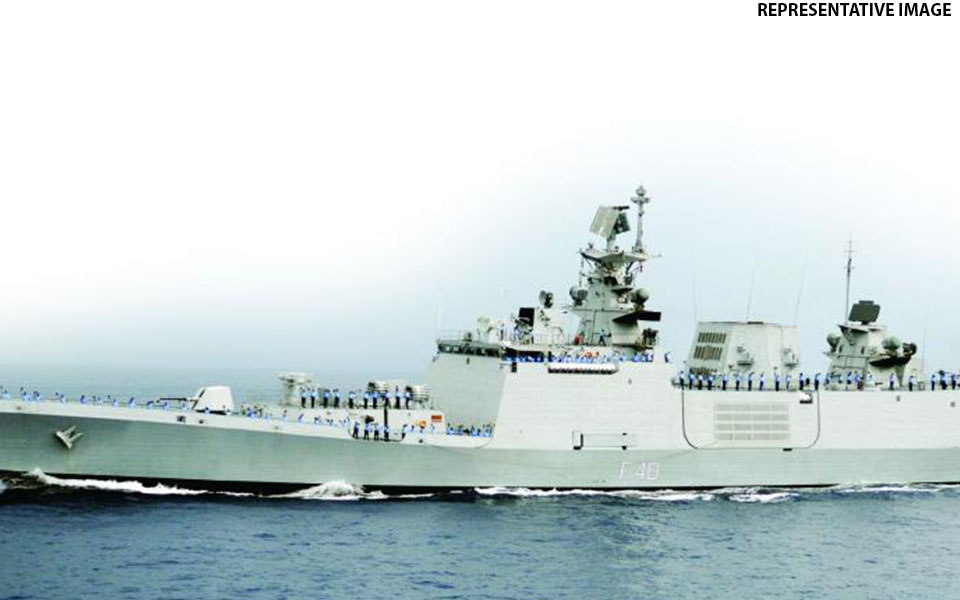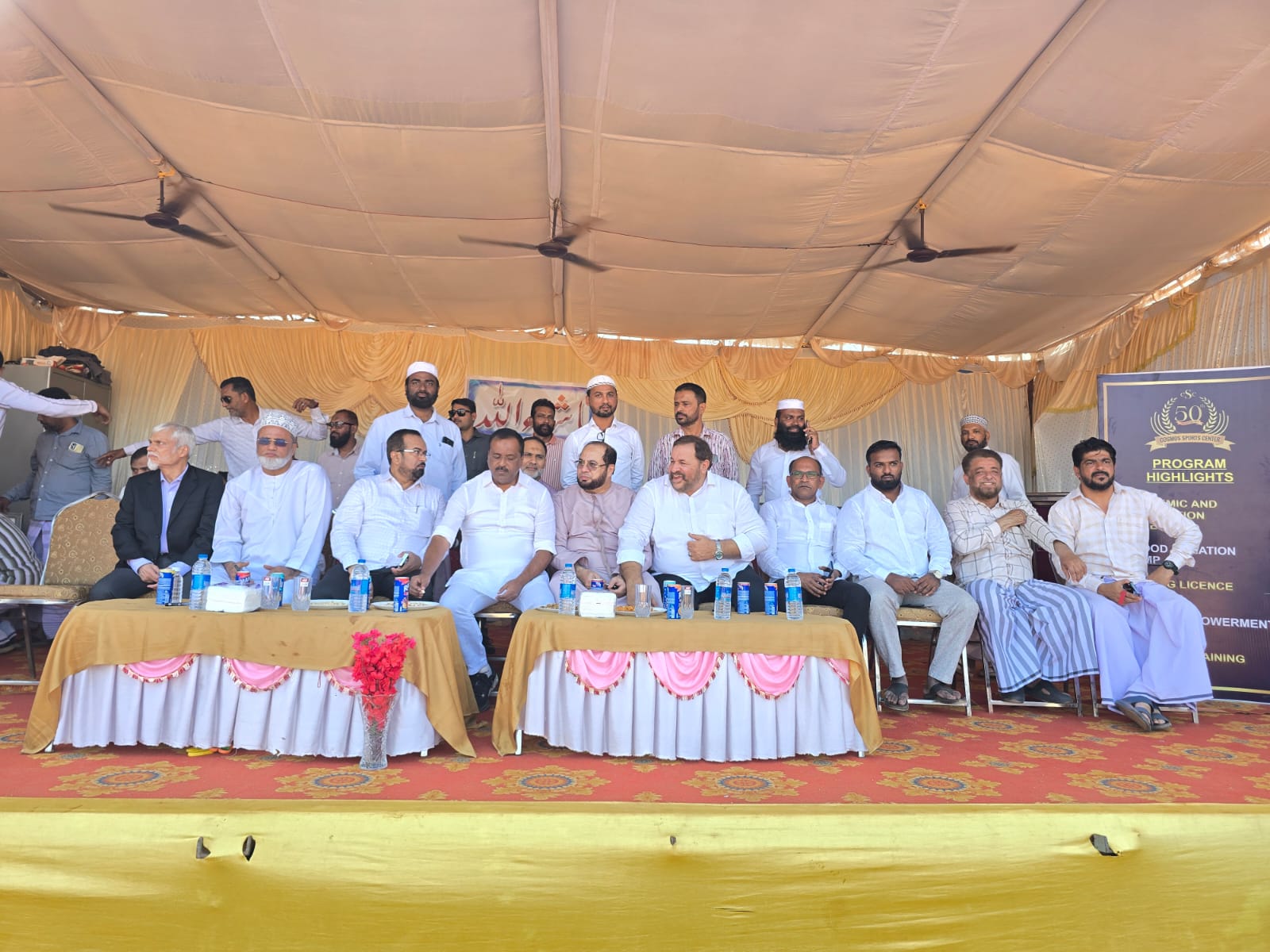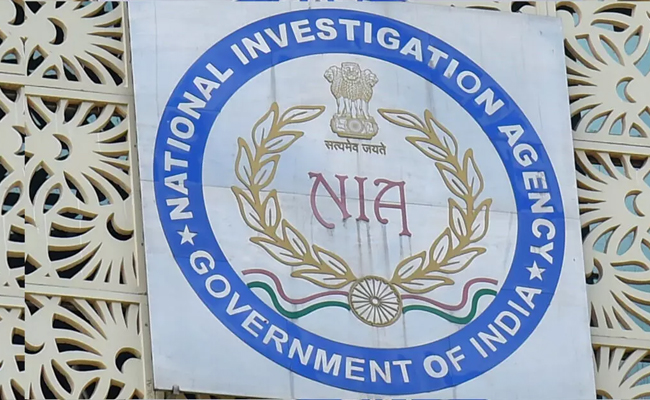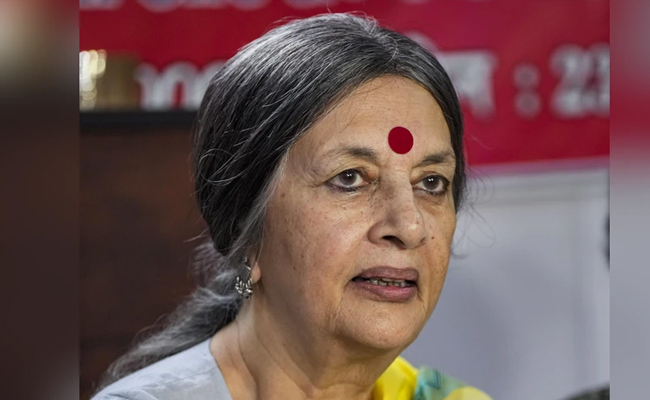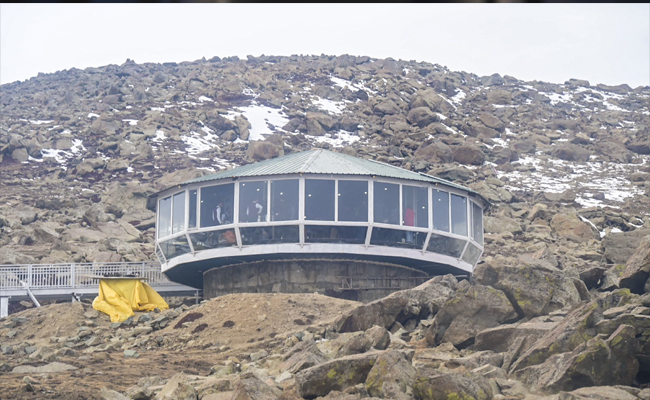New Delhi, May 20: Three Indian naval ships will make a port call in Vietnam under the ongoing operational deployment of the Indian Navy's Eastern Fleet to SouthEast Asia and NorthWest Pacific region, officials said on Sunday.
INS Sahyadri, INS Shakti and INS Kamorta under the command of Eastern Fleet chief Rear Admiral Dinesh Kumar Tripathi will be at Tien Sa Port, Danang, from May 21 to 25.
"On completion of the harbour phase, both the Indian Navy and Vietnam Peoples' Navy would be undertaking an exercise," said an official statement from the Defence Ministry.
The Ministry added that the current visit seeks to enhance maritime cooperation between the two Navies and will further bolster the strong bonds of friendship between the two countries and contribute to security and stability in the region.
"India-Vietnam relations have been strengthened in recent years due to a vibrant economic relationship and growing convergence on security issues," the statement added.
The Indian Defence Minister is scheduled to visit Vietnam in June and the Chief of General Staff of Vietnam People's Army and the Commander-in Chief of Vietnam People's Navy are scheduled to visit India later this year.
Let the Truth be known. If you read VB and like VB, please be a VB Supporter and Help us deliver the Truth to one and all.
Bhatkal: Speaker of the Karnataka Legislative Assembly U. T. Khader visited Bhatkal in Uttara Kannada district on Saturday and attended a local cricket match being played as part of a tournament organised by the Cosmos Sports Centre of Bhatkal.
After attending a programme at Anjuman Hami-E-Muslimeen, Khader proceeded to the Bhatkal Taluka Stadium, where the tournament is underway. He was accompanied by office-bearers of the Cosmos Sports Centre and several local community leaders.
Those present during the visit included President of Majlis-e-Islah Wa Tanzeem and former JD(S) leader Inayathullah Shabandri, Vice President of Tanzeem Atiqur Rahman Muniri, General Secretary Abdul Raqeeb MJ, President of Cosmos Sports Centre Ismail Anjum, Managing Director of Mohtisham Complexes S. M. Arshad, former president of the Bhatkal Muslim Youth Federation Imtiyaz Udyawar, among others.
Addressing players and organisers, Khader extended his best wishes to the participating teams and urged the players to uphold the spirit of sportsmanship. He said such tournaments help promote unity and brotherhood among the youth.
The cricket tournament began on November 21 and will conclude with the final match on December 21. It is being organised as part of the golden jubilee celebrations of the Cosmos Sports Centre.
Cosmos Sports Centre is one of the member clubs of the Bhatkal Muslim Youth Federation and is known for its active role in promoting sports in the town. Apart from sporting activities, the centre is also involved in various social and community initiatives, including efforts to promote education among students.


